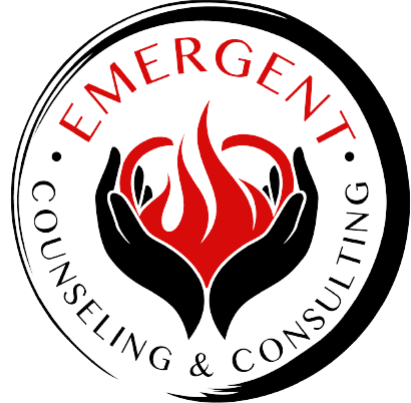Healing Together
Six Benefits of Group Healing for Depression
Introduction
Some of the most common statements made by sufferers of depression are, “No one understands me,” “I feel alone,” and ”there’s something wrong with me.”
Depression often leads to feelings of loneliness and helplessness and may trigger isolation for those who are under its grip. In a society where individualism is idealized and promoted, many individuals feel ashamed to ask for help and suffer in silence because they fear burdening their friends and family with their problems.
Support groups are a powerful resource for people with depression, and can offer a supportive path toward healing. This blog post will explore the numerous benefits of support groups as an essential component of depression management and recovery.
1. A Sense of Belonging
Believe it or not, you are not alone; that’s right, you and millions of others struggle with depression, and you deserve support!
There is this profound sense of camaraderie and a feeling of being understood when you join a support group. Sharing experiences with others who understand your pain and can relate to the challenges of depression can be incredibly validating.
The instant feeling of belonging and sense of connection often reduces the crippling feelings of isolation, shame, and self-blame often associated with depression.
2. Emotional Support and Validation
Support groups have also been found to boost self-esteem, foster empathy, improve understanding and increase resilience.
You may be surprised to learn how many members of that group feel alone and misunderstood and want to share their triumphs and setbacks without fearing they will be judged or humiliated. Interestingly enough, when we are in an emotional crisis, we may desire connection; however, our brain tends to prioritize protection over connection, which causes many of us to isolate and feel even worse.
The emotional support within the group can help participants see their worth beyond their depression. Those who can bypass the racing thoughts and fear of judgment may allow themselves to seek support; the right facilitator and support group can offer a safe space to express our feelings openly.
3. Practical Coping Strategies
Support groups are meant to be supportive spaces where participants can share their stories, valuable solutions, and practical coping strategies that are invaluable.
Support groups can empower individuals to take a proactive role in their recovery. Since there is no one way to heal, support groups are ideal for exchanging insights, helpful mindfulness techniques, self-care practices, or methods for improving sleep and nutrition.
4. Reduced Stigma
It’s unfortunate that depression is stigmatized and it’s one of the numerous reasons why many are fearful of seeking therapy and suffer in silence.
After all, who wants to be viewed ‘weak’ or ‘crazy?’ Participating in a depression support group can help break down mental health stigma.
Members openly discussing their experiences increases awareness and challenges stereotypes and misconceptions about depression. This can also lead to greater societal acceptance and understanding, making it easier for individuals to seek help when needed.
5. Accountability and Motivation
Support groups create a supportive environment wherein members can achieve personal and collective growth, set goals, track progress, and celebrate achievements. Healing is amplified when support is multiplied, and where better to get that support than in a support group?
Group dynamics often foster a sense of accountability. Knowing that others are also working towards recovery validates and motivates individuals to stay committed to their healing path.
6. Learning from Diverse Perspectives
Support groups can bring together people from various ethnicities, identities, beliefs, and walks of life. Learning fuels growth, especially when there is exposure to multiple perspectives.
This diversity can be enriching and allow participants to develop their understanding of themselves and others while learning from others’ experiences of depression. It can also broaden one’s knowledge of coping skills, diminish judgment, and allow members to test the validity of their perception while nurturing members cohesiveness.
Conclusion
Joining a support group for depression offers many benefits, from a sense of belonging and emotional support to practical coping strategies and reduced stigma.
These groups provide a lifeline for those looking for collective, authentic help to feel less lonely, improve their coping skills, and get support to stay motivated about remaining in treatment or do the work to heal.
Depression is a challenging experience, but it doesn’t have to be faced alone.
Remember, healing is amplified when support is multiplied!
We’re glad you found us, thank you for stopping by!
We would love to answer your questions! Simply fill out the contact form below and we will be in touch with you soon.
We’re looking forward to being your healing partner!
Looking for different healing services
At Emergent Counseling & Consulting LLC, services are person-centered, culturally sensitive, stigma-free, holistic and strengths-based.
Our services are tailored to meet your needs and help you develop the skills needed to get rid of anxiety and depression, and enhance your quality of life. Our methods are non-invasive, short-term evidenced-based techniques such as Brainspotting, and Emotional Freedom Technique (EFT Tapping), which simple and focused on reducing the intensity of distress associated with anxiety and depression.

